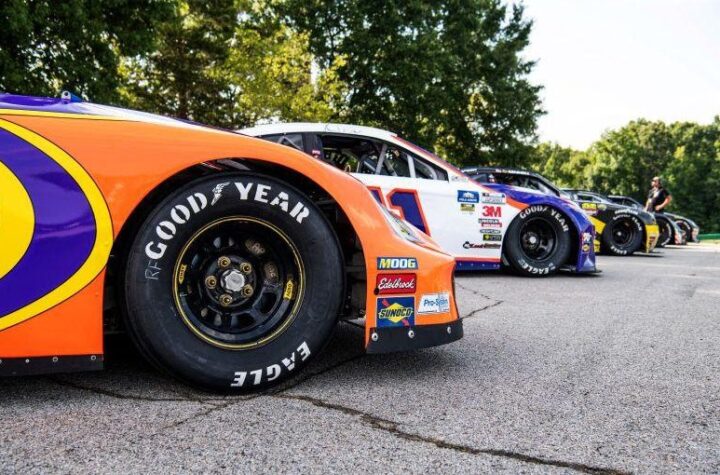
 I’ll admit it, I like driving diesels. I can understand why Europeans have become such fanatics. Once you spend time behind the wheel of one of these modern oil-burners, you realize just how civilized they’ve become.
I’ll admit it, I like driving diesels. I can understand why Europeans have become such fanatics. Once you spend time behind the wheel of one of these modern oil-burners, you realize just how civilized they’ve become.
And since most of my driving is on suburban Detroit main drags and not race tracks, I don’t need a high revving engine. All I need is enough torque to launch the car from the light, and the Passat GLS has that — 247 lb.ft. at 1,900 rpm.
The inline 2.0L, 4-cylinder, direct injection, turbocharged diesel makes 134 hp at 4,000 rpm, but I hardly need any of that, cruising at 45 mph at 1,600 rpm (the diesel’s sweet spot on my drive to work). Other than the slight odor of diesel fumes as I’m backing down the driveway, you’d never know you were in a diesel, save for the distinctive purr of the engine. (With some of the recent research into bio fuels, Volkswagen could probably make the exhaust smell like french fries or KFC).
Diesels also have the advantage in the mileage department, the TDI getting 27 city and 38 highway compared to the 1.8T’s 21 city and 30 highway.
Interestingly enough, unlike some other OEM’s who charge a premium for their diesel powertrains, the diesel Passat is only about $200 more than the 1.8T gasoline Passat, so you’re not shelling out a whole lot of cash to save a little gas. The question then becomes, do you actually come out ahead with better fuel mileage while paying more for diesel?
I’ve based my calculations on driving 12,000 miles per year and averaged the two vehicles out at 32.5 mpg for the TDI and 25.5 mpg for the 1.8T. Checking today’s prices at the local BP station, gasoline is $2.09 and diesel is $2.39. That puts just over $100 in my pocket each year and saves just over 100 gallons of fuel.











More Stories
Buying Car Insurance in Toronto? Don’t Make These Rookie Mistakes
Extend Your Range, Maximize Your Storage with FRDM’s 45 Gallon Combo
How to Install a Ford Bumper Yourself (Step-by-Step Guide)